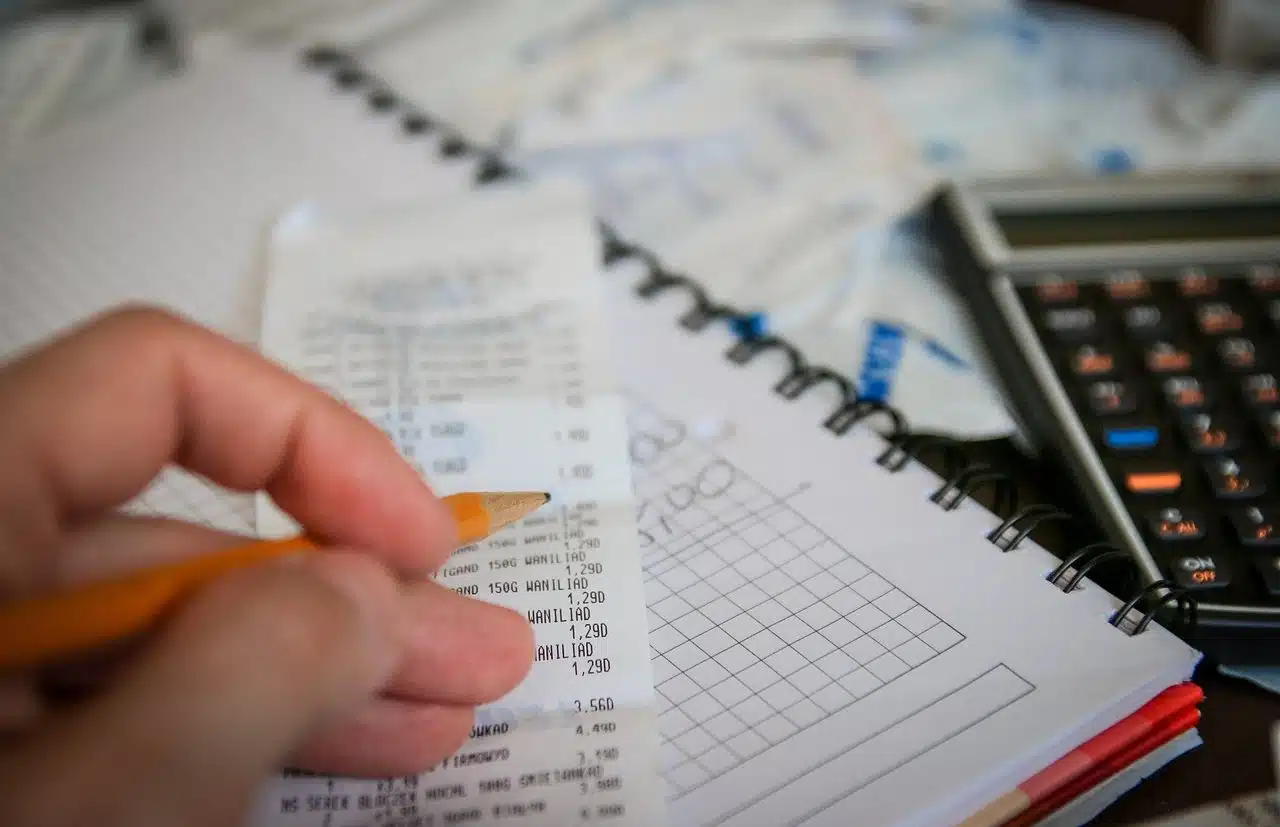
The common regime is a tax collection system established by the State.
The common regime is a modality that the State has to set and collect taxes . Taxpayers can be classified in different ways according to whether or not they are obligated to pay according to the tax: in this way, certain taxpayers are included in a so-called common regime and others are part of a different regime.
It should be noted that a regime is a system that is responsible for establishing and regulating the operation of something. Common , on the other hand, is what is usual, normal or ordinary.
Establishment of a common regime
The definition of the regimes depends on each State . It is common for a simplified regime to be established for natural persons who meet certain requirements; The rest of the taxpayers are automatically integrated into the common regime.
It can be said, therefore, that the existence of a common regime makes sense from the establishment of a special regime (the so-called simplified regime). Otherwise, there would only be one regime.
An example
Suppose that all people who sell products or offer services must pay VAT (Value Added Tax). Those whose sales do not reach 10,000 pesos per month and who do not have employees in charge become part of a simplified regime that provides various facilities to comply with tax obligations: it is not required to submit a monthly sworn declaration , 50% of the VAT , etc.
Those who do not meet these requirements, however, must pay taxes according to what is specified by the common regime. Finally, subjects who are not dedicated to the sale of products or the offer of services are not taxpayers of the tax in question.

The taxpayer registered in the common regime must comply with various tax obligations.
Obligations linked to the common regime
Just as in the case of the simplified regime, people who belong to the common regime must comply with a fairly extensive series of obligations . In Spain , some of the obligations are the following:
- Register in the Single Tax Registry (RUT) : the Tax Statute establishes in its article 507 that the persons responsible for the tax must register in the RUT and update it when required. The maximum period for this registration is two months from the start of operations.
- Issue invoice : according to the law, people who carry out operations have the obligation to issue an invoice or one of the documents considered equivalent by each of them. The invoice, for its part, must meet certain requirements, among which is that it is expressly named as such for the sale, include specific data of each party involved in the transaction , have a serial number and a description of the operation. .
- Demand invoice : the law obliges those people who buy goods or services to demand an invoice or one of the documents considered equivalent, so that the transaction can be accredited.
- Collect the tax : the person belonging to the common regime must collect the tax when taxable operations are carried out.
- Submit the tax return : to comply with this obligation, there are dates and places that the Government establishes and communicates to taxpayers, which is why it is also necessary to be informed.
- Record the tax : every person responsible for VAT must transfer the money collected from sales to the State.
- Issue withholding certificates : when a VAT withholding is made, the common regime requires that a certificate be issued every two months, within the period of the fortnight following the two-month period in which it was made, specifying the amount thereof. .
- Comply with accounting standards : it is mandatory to record each purchase and each sale, as well as a balance sheet account called sales tax payable , into which any value related to the tax enters.
